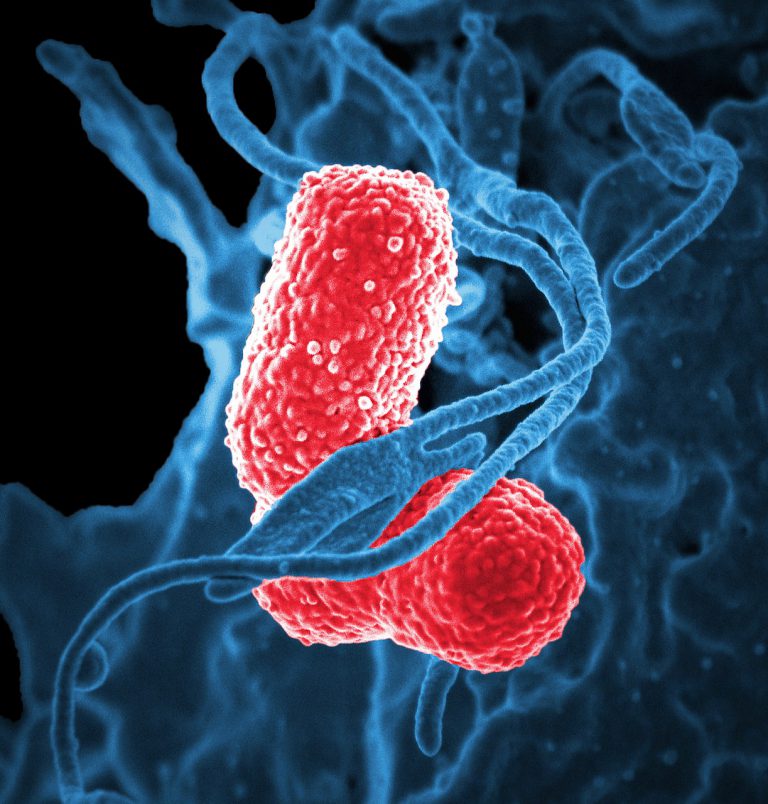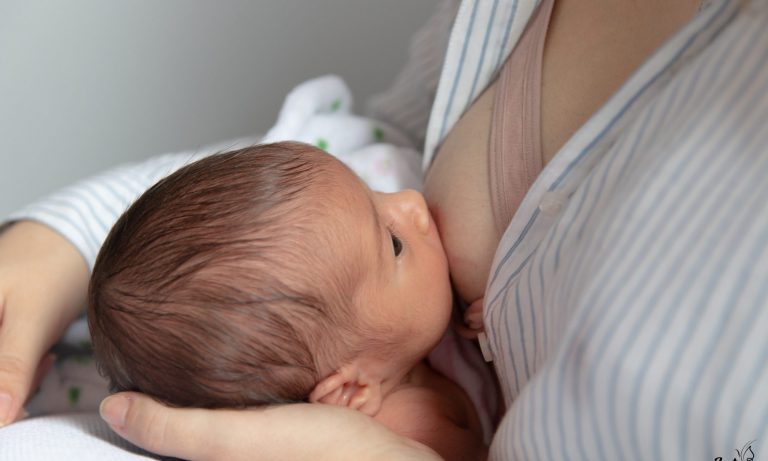Development of a concentrate with human milk lyophilizate to feed very low birth weight preterm newborns
José Simon Camelo Junior
Project name
About
Low-cost, powdered breast milk (lyophilized), called Lioneo, is easy to produce as a supplement to the feeding of very low weight babies, weighing less than 1.5 kilos. The goal is to prevent the development of necrotizing enterocolitis by replacing commercial additives and to further improve child development in the long run.
How was the experiment
The research had three main objectives: to develop a method of producing human powdered milk from milk banks, to understand the nutritional composition of breast milk plus lyophilizate, and to evaluate the safety of the concentrate with respect to contamination. With a single freeze dryer, it was possible to produce the powder.
Main results
When added to pasteurized human milk, the concentration that proved to be the most affective was 10%: 7 grams of powder for every 75 milliliters of human milk. The final concentrate provided a 60% increase in micro and macronutrients. Cultures of the final product were evaluated after 3 and 6 months of freezer storage. There was no bacterial growth in any sample, demonstrating the product’s safety.
Why is it innovative
It is the first established affordable, public domain powdered breast milk production system, with the potential to be implemented in milk banks in any country around the world.
Problem that solves
Currently, the Ministry of Health spends R$800 million year on hospitalizations in neonatal ICUs in Brazil and hundreds of millions more on the purchase of commercial formulas that, not infrequently, aggravate the babies’ health condition. If phase 2 demonstrates the expected safety and efficacy, this research could reduce complications and, consequently, the length of hospital stay for premature infants, with savings for the public health system. To produce powdered breast milk, you only need a freeze dryer, which costs around R$50,000, and a milk analyzer machine to evaluate the product components in some reference milk banks. This would be sufficient for meeting almost all of Brazil’s national demand.
Implications for the brazilian health system
If the product proves effective to supplement the diet of low weight, preterm infants and, at the same time, reduces the chances of intestinal inflammation, the researcher believes that he will already have enough evidence to distribute it on a large scale in the Brazilian Network of Human Milk Banks.
Implications for global health
The product can be produced in any milk bank in the world. However, not all countries have a milk donation culture, as in Brazil, which could be an obstacle. Simon also believes that Lioneo could be useful in combating malnutrition for babies living in pockets of poverty, like in Africa and Southeast Asia, for example, but further studies are needed.
Next steps
It will be the phase 3, which still requires additional funding and aims to enlarge the sample of children, thereby expanding the study to other centers and with a vision of preparing to produce Lioneo on a large scale and at a low cost.
Published studies
- The Project Lioneo: Nutrition of Very Low Birthweight Newborns Using a Concentrate with Human Milk Lyophilisate: Phase 1 Study for Safety and Tolerability - 09/2020
- Essential and toxic elements in human milk concentrate with human milk lyophilizate: A preclinical study - 09/2020
- Development of a human milk concentrate with human milk lyophilizate for feeding very low birth weight preterm infants: A preclinical experimental study. PLOS ONE 2019 - 02/2019
- Human milk enriched with human milk lyophilisate for feeding very low birth weight preterm infants: A preclinical experimental study focusing on fatty acid profile. PLOS ONE 2018; 2018 - 09/2018
Article about the project
Human milk powder increases breast milk nutrients by 60% for premature babies
Related projects



